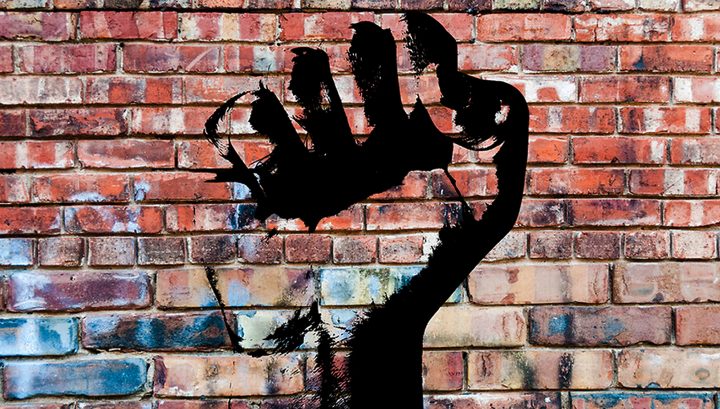MAVERICK CITIZEN ANALYSIS
World Social Justice Day: How to transform a country deeply divided

While social justice is engendered in South Africa’s blueprint (the Constitution), this gets harder to discern in our daily lives.
As a Maverick Citizen journalist, human rights and social justice are at the core of the work I do. As tempting as it sometimes may be, the optimist in me would like to resist the urge to be cynical about the meaning of social justice.
While it is engendered in South Africa’s blueprint (the Constitution), it is harder to discern in our day-to-day lives as poor children fall into sinkholes due to a sedated public’s lack of response.
It is even more difficult to imagine such a concept exists when the minister of social development has the elderly and vulnerable sprayed with water cannon to enforce “social distancing” while they are queuing for government grants.
Dignity is at the heart of pursuing social justice, and I believe that recognising it in each other compels us to want to work towards a society of equals.
In his 2006 speech at Stellenbosch University, titled “Transformative Constitutionalism”, former Chief Justice Pius Langa said that societal transformation required “a complete reconstruction of the state and society, including a redistribution of power and resources along egalitarian lines.
“The challenge of achieving equality within this transformation project involves the eradication of systemic forms of domination and material disadvantage based on race, gender, class and other grounds of inequality. It also entails the development of opportunities which allow people to realise their full human potential within positive social relationships.”
The Constitution provides the legal roadmap for us to achieve this transformed society. A roadmap, however, needs to be read, understood and then applied, otherwise the promise of socioeconomic rights remains unrealised and poverty reigns.
The United Nations talks about social justice as “an underlying principle for peaceful and prosperous coexistence within and among nations”. Applying this in the South African context, it is unsurprising that we are a society at war with itself, because the deep inequality in our society breeds frustration and violence that violates this principle.
The disconnect South Africans feel from each other is because we have accepted that 55% of the population living in poverty is not a crisis. The thinking seems to be about making sure you are not part of the 55% as opposed to how we can decrease this figure.
A generous assumption would be that most people do not know how to help decrease the poverty rate. Well, one way would be to speak up and speak out about our failing education system and demand more from the government, using section 29 of the Constitution.
This is to ensure that children get a decent education so that as adults they are more employable, as evidenced in the 2021 NIDS-CRAM report, and as a result will be able to look after themselves and not be begging at street corners or resort to crime out of desperation.
Education also means unlocking access to poor people’s often trampled upon human and socioeconomic rights, which are required to break the cycle of inequality and the invisibility that comes with living in poverty.
In June last year, Oxfam produced a report warning about the hunger crisis across the world and how Covid-19 was exacerbating this already dire situation. Yet, interestingly, those involved in big business and multinationals continued to make profits:
“Those at the top are continuing to make a profit: eight of the biggest food and drink companies paid out over $18-billion to shareholders since January even as the pandemic was spreading across the globe – ten times more than has been requested in the UN COVID-19 appeal to stop people going hungry. While governments must act to contain the spread of this deadly disease, Oxfam is also calling for urgent action to end this hunger,” said the report.
According to the Pietermaritzburg Economic Justice & Dignity Group, in January 2021 the basic food basket shot up from R3,473.75 in 2020, to R4051,20, which is R500 more than the national minimum wage – a clear indication of the hunger exacerbated by a capitalist economic system.
What Langa describes in his speech is that a mindful and deliberate campaign to break down the systems that entrench inequality needs to be undertaken. We cannot have a situation where millions are dying of hunger while others thrive; it is immoral and unethical to accept that.
We cannot live in a world where socioeconomic rights are the preserve of the elite; that is not social justice. Fortunately, South Africa has a Constitution that affirms this, but we must also do our part to breathe life into this ideal so that we can live in peace and prosperity and not succumb to despair. DM/MC


















 Become an Insider
Become an Insider
Comments - Please login in order to comment.